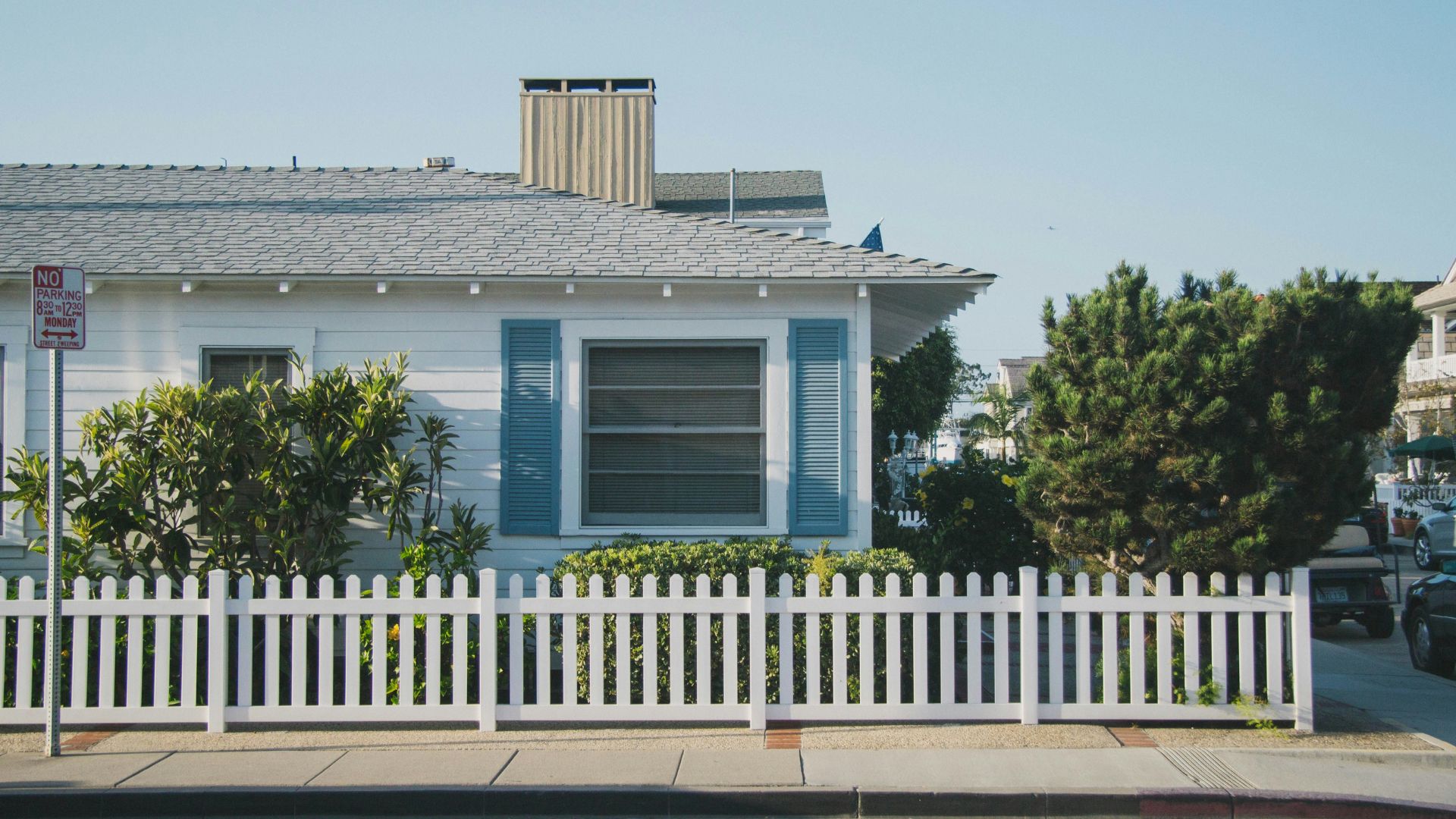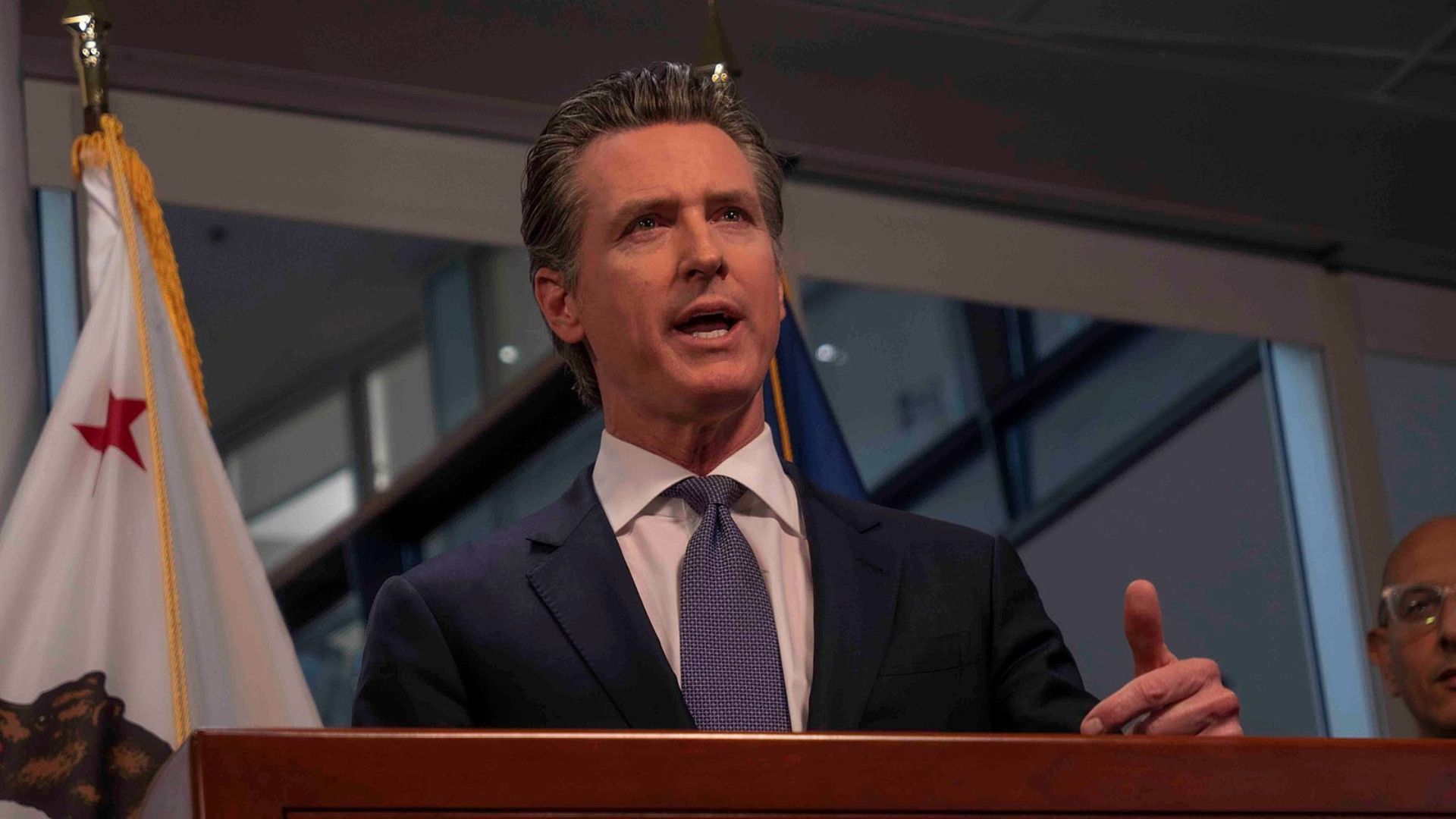The California Dream For All, a program offering financial aid for homebuyers, has now expanded to include migrants without legal status.
This change is stirring up significant debate across California, with diverse groups weighing in on what it means for the future of the state’s housing market.
Funding Debate Heats Up

Concerns about how taxpayer funds are being used have surfaced, especially from officials like San Diego County Supervisor Jim Desmond.
He’s outspoken about the issue, stating on social media platform X, formerly Twitter, “Once again, California has chosen to prioritize illegal immigration and fiscal irresponsibility over the needs of its citizens.”
A Wave of Online Debate

The expansion of this home loan program has taken social media by storm.
Discussions range from supportive to highly critical, with terms like ‘insane’ and ‘evil’ popping up in conversations. It’s clear that this decision has touched a nerve among Californians.
Rising Dissent

In online forums and comment sections, some Californians are calling for dramatic responses, including a “taxpayer revolt.”
Others suggest reallocating these funds to support homeless veterans, spotlighting a tension between different community needs.
Legislative Journey of AB1840

The journey of Bill AB1840 through California’s legislative corridors has been closely watched.
Having cleared the Assembly, it now awaits a Senate vote. Its approval could profoundly affect the housing assistance landscape.
Governor’s Decision Pending

The bill’s fate now hinges on the California Senate and, if passed, Governor Gavin Newsom’s approval.
His signature would officially broaden the program’s reach, impacting potential homeowners across the state.
Popularity of the Loan Program

The state’s home loan initiative is wildly popular, offering a lifeline in a region where a single-family home averages around $904,000.
These interest-free loans don’t require monthly payments until the property is sold or refinanced, easing the path to homeownership.
Funds Exhausted Quickly

The initial $300 million allocated in May 2023 for about 2,300 first-time buyers ran out in less than two weeks.
This rapid depletion underscores the acute demand for affordable housing options in California.
Program Adjustments

Responding to overwhelming demand, officials have tightened the program’s criteria.
At least one applicant is now required to be a first-generation home buyer and a lottery has been set up to manage applications, aiming for a fairer distribution of resources.
Expanding Inclusivity

Assemblymember Joaquin Arambula advocates for the program’s expansion.
He said to the LA Times that “Homeownership has historically been the primary means of accumulating generational wealth in the United States. The social and economic benefits of homeownership should be available to everyone.”
Financial Impact Uncertain

While the intent is clear, the economic consequences of including undocumented migrants in the program are still being evaluated.
There are unanswered questions about how this will affect application numbers and the administrative costs involved.
Fiscal Challenges Remain

As California navigates these policy changes, it also faces a daunting fiscal reality.
Governor Newsom recently signed a budget to address a $46.8 billion deficit, including $16 billion in cuts and increased taxes on businesses, adding layers of complexity to the state’s economic management.
